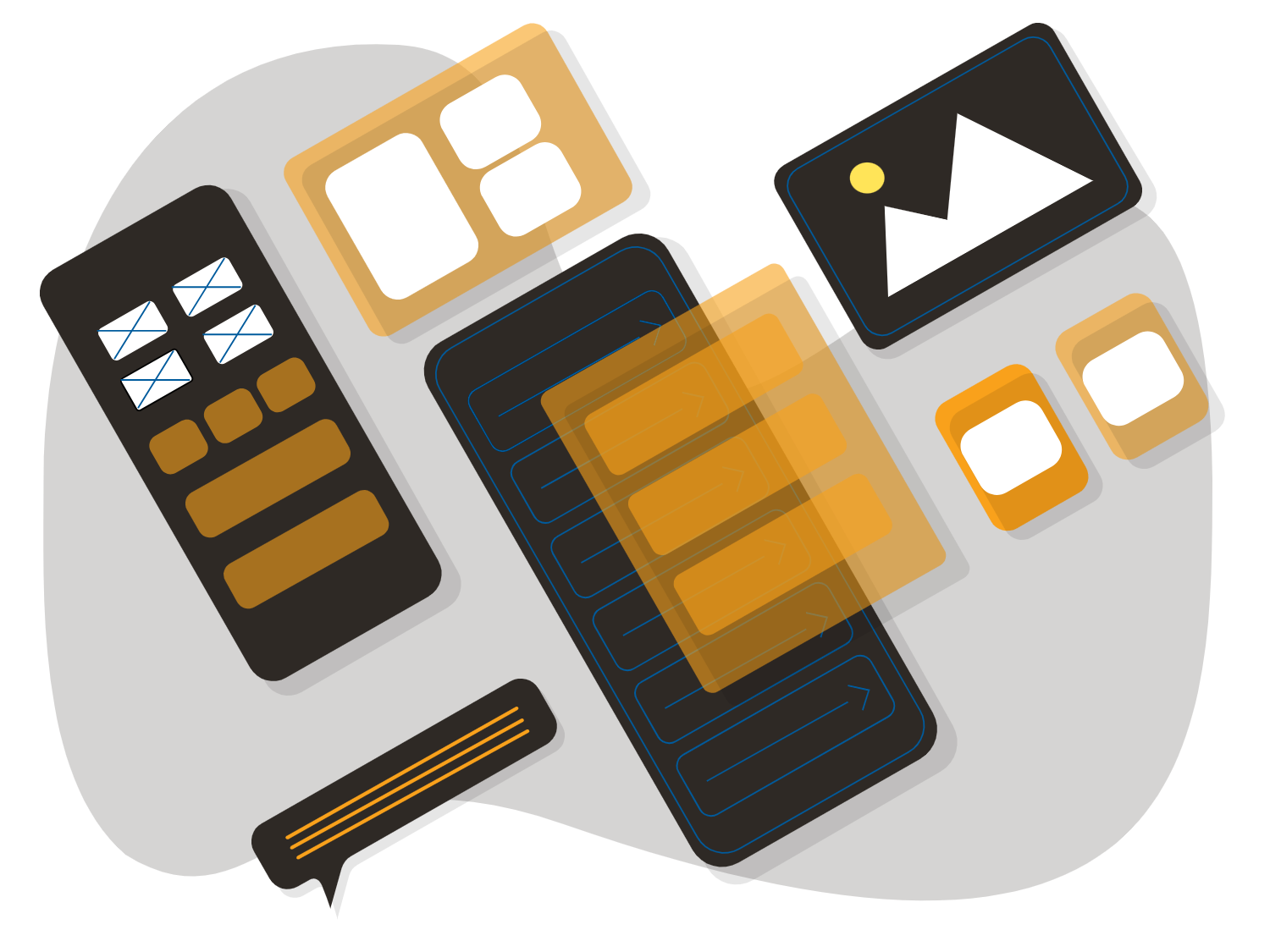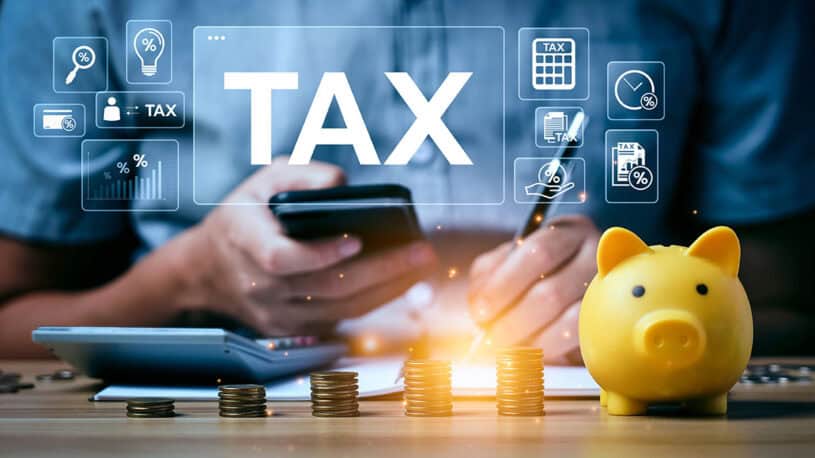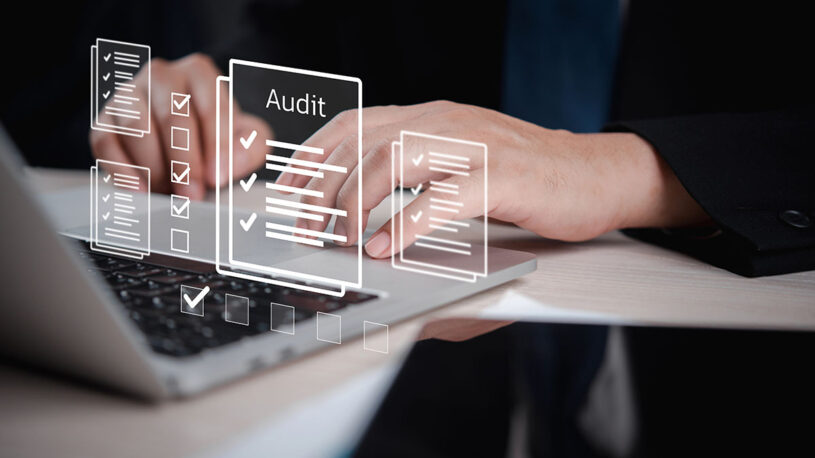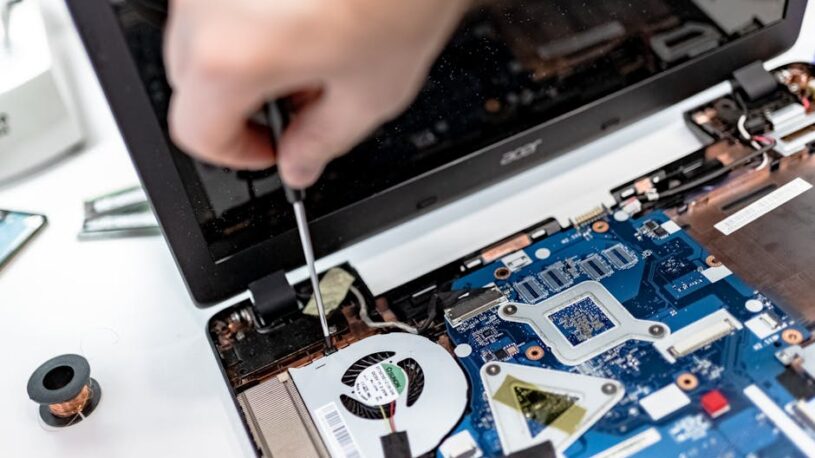

Tablet vs Laptop for Mobile Needs: San Marcos IT Consultants Weigh In
Today, the choice between tablets and laptops is a pivotal decision for IT departments. The right device can drive productivity, enhance workflow efficiency, and support seamless remote work – a crucial aspect to keep in mind and discuss with your San Marcos TX managed IT services provider.
The shift towards remote work has accelerated the need for portable devices. Tablets and laptops both offer unique advantages that cater to different business needs. Tablets win praises for their portability, ease of use, and long battery life. Laptops, on the contrary, provide superior performance and multitasking capabilities. When it comes to receiving San Marcos tech support, both devices can be remotely managed and supported. Choosing which devices are best for your specific needs can be tricky, so our San Marcos IT consultants are here to weigh in.
Table of Contents
Understanding Tablets and Laptops
A tablet is a portable computing device featuring a touch screen interface, lightweight design, and compact form factor. These characteristics make tablets highly suitable for business environments where mobility and ease of use are paramount. Key features include:
Touch Screen Interface: Enables intuitive interaction with the device using fingers or a stylus.
- Lightweight Design: Typically weighing between 1-2 pounds, tablets are easy to carry around.
Popular models favored in business settings include:
- iPad Pro: Known for its powerful performance, high-resolution display, and extensive app ecosystem.
- Samsung Galaxy Tab: Offers robust Android OS capabilities, excellent screen quality, and long battery life.
- Microsoft Surface Go: Combines portability with the productivity features of Windows 10/11.
Each of these models provides unique advantages tailored to various business needs, from content creation to data analysis.
Laptops
A laptop is a versatile, portable computer equipped with a physical keyboard and a larger display size compared to tablets. These devices are designed for productivity and multitasking, making them ideal for various business applications.
Key Features of Laptops:
Physical Keyboard: Enhances typing speed and accuracy, crucial for tasks involving extensive text input.
Larger Display Size: Provides more screen real estate for complex tasks, such as spreadsheet management or graphic design.
Robust Performance: Often features more powerful processors and greater storage capacity than tablets.
Popular Laptop Models for Business Use:
Dell XPS 13: Known for its sleek design and long battery life, making it perfect for professionals on the go.
MacBook Air M1: Offers exceptional performance with Apple’s M1 chip, combined with macOS for seamless integration with other Apple devices.
HP Spectre x360: A versatile 2-in-1 convertible laptop that balances power with portability.
Tablets vs Laptops for Business Use
Advantages of Using Tablets in Business Settings
Portability stands out as a significant advantage when considering tablets for business use. With most tablets weighing under 1.6 lbs, their lightweight nature makes them easy to carry around, whether within the office or on business trips. This portability is further enhanced by their compact size, usually ranging from 9 to 10 inches.
The ease of use of touch screens is another compelling benefit. The intuitive interface of tablets allows for quick navigation and efficient interaction with apps and documents. This can be particularly useful during presentations or meetings where quick access to data and seamless interaction are crucial.
Tablets like the iPad Pro offer long battery life, often extending beyond 8 hours on a single charge. This extended battery life ensures that professionals can work throughout the day without constantly searching for power outlets, a common scenario with many laptops.
Other notable advantages include:
Instant On: Tablets typically power up faster than laptops, allowing immediate access to work materials.
Versatility: Many tablets support business applications and cloud storage solutions, providing flexibility in managing tasks and accessing files from anywhere.
Stylus Support: Devices such as the Apple iPad Pro and Microsoft Surface Go come with stylus pens, making it easier to take handwritten notes or draw diagrams during brainstorming sessions.
The combination of these benefits makes tablets a valuable asset in various professional environments. Their ability to enhance productivity through portability, ease of use, and long battery life positions them as an advantageous tool for modern business operations.
Limitations of Using Tablets in Business Settings
When comparing tablets and laptops for business use, there are several limitations that make tablets less ideal for certain professional tasks:
1. Limited Multitasking Capabilities
Tablets often struggle with multitasking compared to laptops. Although modern tablets offer features like split-screen, they typically cannot handle multiple high-performance applications simultaneously.
2. Software Compatibility Issues
Tablets might not support all the software required for business operations. Many specialized applications and desktop-grade software, such as advanced data analytics tools or comprehensive project management platforms, are optimized for laptop operating systems.
3. Hardware Constraints
Tablets lack the processing power and memory found in laptops. This can be a significant drawback when dealing with resource-intensive tasks like video editing or large-scale data analysis.
4. Peripheral Limitations
While tablets can connect to peripherals like keyboards and mice through Bluetooth, they often lack the variety and reliability of ports found in laptops. This can hinder productivity when multiple devices need to be connected simultaneously.
These factors highlight some of the key tablet cons for business use, making them less suitable as standalone devices in professional settings compared to their laptop counterparts.
Advantages of Using Laptops in Business Settings
Laptops offer distinct benefits in professional environments, particularly when high performance and extensive storage are required.
1. Superior Performance Levels
Laptops excel in resource-intensive tasks such as graphic design, video editing, and software development. Their robust processing power and advanced graphics capabilities enable seamless multitasking and efficient handling of complex applications.
2. Larger Storage Capacity
Unlike tablets, laptops come equipped with substantial storage options. High-capacity SSDs and HDDs cater to a wide range of business needs, from extensive data storage to rapid access to critical files.
3. Versatile Software Compatibility
Laptops support a broader spectrum of software, including industry-standard programs like Adobe Creative Suite, Microsoft Office, and specialized enterprise applications. This versatility ensures compatibility with various business operations.
4. Enhanced Connectivity Options
With multiple ports for USB devices, HDMI connections, and Ethernet cables, laptops facilitate enhanced connectivity. This enables the use of additional peripherals such as external monitors, keyboards, and mice, optimizing the workspace setup.
Limitations of Using Laptops in Business Settings
Laptops, while powerful and versatile, do present some drawbacks in a professional context. Significant downsides include:
- Bulkiness and Weight: Compared to tablets, laptops are generally larger and heavier, making them less convenient for business professionals who travel frequently.
- Shorter Battery Life: While some models like the Dell XPS 13 boast extended battery life, many laptops still fall short when compared to the long-lasting performance of tablets such as the iPad Pro.
- Longer Startup Time: Unlike tablets which offer instant-on capabilities, laptops often require longer boot-up times, potentially hindering productivity during quick meetings or on-the-go tasks.
- Vulnerability to Malware: Laptops are more susceptible to viruses and malware, necessitating robust cybersecurity measures, which can be an added cost and complexity for businesses.
This comparative analysis highlights key considerations when weighing tablets vs laptops for business use. Each device has its unique pros and cons that need to be evaluated based on specific business needs.
Choosing Between Tablets And Laptops For Your Organization’s Needs
When selecting between tablets and laptops for business purposes, several critical factors must be evaluated to align with your organization’s unique needs.
Budget Constraints
Tablets: Typically more affordable, starting from around $199. Ideal for companies with limited budgets.
Laptops: Range from budget-friendly options to high-end ultrabooks and gaming laptops, often exceeding $900.
Preferred Operating Systems
Windows vs macOS: Laptops offer a broader selection of operating systems (Windows, macOS, Linux).
iPadOS and Android: Tablets primarily run on iPadOS or Android, influencing app availability and software compatibility.
Use Case Scenarios
- Portability: Tablets are lightweight (9-10″ size, 1.6 lbs or less) and offer longer battery life (8+ hours), making them perfect for on-the-go tasks.
- Productivity: Laptops excel in resource-intensive tasks such as coding, graphic design, and video editing due to superior processing power and multitasking capabilities.
Hardware Specifications
- Storage & Memory: Laptops generally provide larger storage capacities and upgradeable memory options.
- Peripheral Compatibility: Laptops support a wider range of peripherals (external monitors, keyboards, mice), enhancing versatility.
Software Requirements
- Professional-grade Applications: Laptops support desktop applications like Microsoft Excel and Adobe Photoshop.
- Business Apps & Cloud Storage: Tablets are versatile with business apps and cloud solutions but may face limitations with specific software.
Evaluating these key considerations will guide businesses in choosing the most suitable device type that enhances productivity while fitting within operational constraints.
San Marcos Tech Support: Which Device Type Is Right For Your Company?
When making the final decision on the right technology solution for your firm, it’s important to consider the pros and cons discussed earlier. This includes evaluating:
- Personal Preferences: Different teams may have varying preferences based on their workflow and tasks.
- Team Dynamics: Consider how your team collaborates and whether tablets or laptops better support these interactions.
Tablets may be more suitable for:
- Teams that prioritize portability and ease of use.
- Roles that involve frequent travel or fieldwork.
- Tasks focused on content consumption, note-taking, or presentations.
Laptops might be the preferred choice for:
- Teams requiring high performance for resource-intensive tasks.
- Environments needing robust multitasking capabilities.
- Workflows dependent on a wide range of software applications.
To make an informed decision, consult IT management experts. Their insights will help tailor the choice to your business’s needs.
FAQs
What are the key features of a tablet?
A tablet is a portable device characterized by its touch screen interface and lightweight design. Popular models suitable for business use include the iPad Pro, Samsung Galaxy Tab S series, and Microsoft Surface Go.
What distinguishes a laptop from a tablet?
A laptop is defined as a portable computer that typically features a physical keyboard and a larger display size compared to tablets. Popular laptop models for business use include the Dell XPS 13, MacBook Air M1, and HP Spectre x360.
What are the advantages of using tablets in business settings?
Tablets offer several advantages in professional environments, including portability, ease of use with touch screens, and long battery life on certain models like the iPad Pro.
What limitations should I consider when using tablets for work?
While tablets are convenient, they have limitations such as restricted multitasking capabilities compared to laptops and potential software compatibility issues with certain applications.
What are the benefits of using laptops in business environments?
Laptops offer superior performance levels for resource-intensive tasks and offer larger storage capacity options across a multitude of brands and models, making them fit for demanding business applications. Your IT provider in San Marcos will likely recommend laptops in many scenarios, as they bring a full computing experience to your employees’ fingertips, no matter where they’re working from.
How do I decide between tablets and laptops for my organization?
When choosing between tablets and laptops, companies should consider factors such as budget constraints, preferred operating systems (Windows vs macOS, Android vs iOS), and specific organizational needs. It’s also vital to weigh the pros and cons of each device type while considering team dynamics, along with support options for IT management in San Marcos.
Table of Contents









